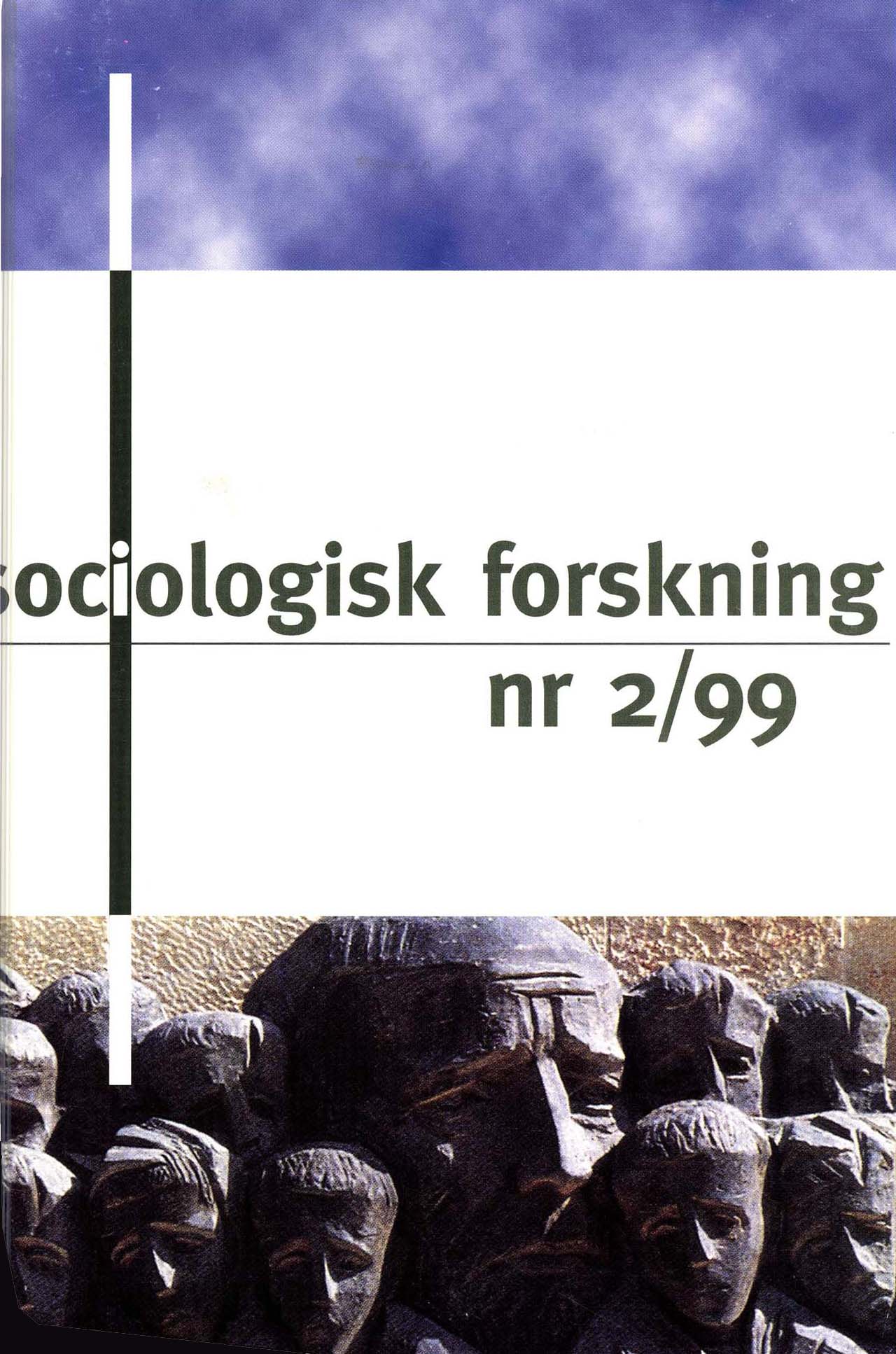Auschwitz: det moderna projektets kulmen eller kollaps?
DOI:
https://doi.org/10.37062/sf.36.18485Abstract
Two opposite parties in the debate about modernity, the postmodernists and the modernists, share a common concern, Holocaust, which in both cases serves as a reference of almost absolute evil in modern history. Its interpretation, however, varies. Postmodern Zygmunt Bauman, focusing tendencies of repression instead of justice or welfare in the process of modernization, explains Holocaust as a product of modernity. After accounting for Bauman’s position, the völkisch and romantic roots of Nazi ideology are reviewed, presenting a different picture. Various interpretations of the relationship of Nazism to modernization are contrasted, ending up in Jeffrey Herf’s concept of ”reactionary modernism”, which underlines the peculiar synthesis of technique-affirmation and romantic anti-modernism in Nazi ideology. A critique of Bauman’s postmodernistic position concludes, infering that the German disaster was due to ”too little” institutionalized Enlightenment. Modernization meant the loss of a unified worldview and of traditional authority. God was overthrown. To affirm modernity hence means to accept these losses, implicating that society has to find its normativity through processes of free political will-formation. This did not happen in Nazi Germany, where normativity was placed in an ideological sphere characterized by sacredness. Holocaust resulted from the collaps of the project of modernity.
Downloads
Publicerad
Referera så här
Nummer
Sektion
Licens
Allt material i Sociologisk Forskning publiceras med omedelbar öppen tillgång (open access), under Creative Commons-licensen CC BY-NC-ND 4.0.
Allt innehåll i tidskriften är fritt tillgängligt utan kostnad och får för icke-kommersiella syften fritt läsas, laddas ned, kopieras, delas, skrivas ut och länkas. Innehållet får dock inte ändras. När innehållet används måste författare och källa anges. Upphovsrätten till innehållet tillhör respektive författare. Inga publiceringsavgifter tas ut.





